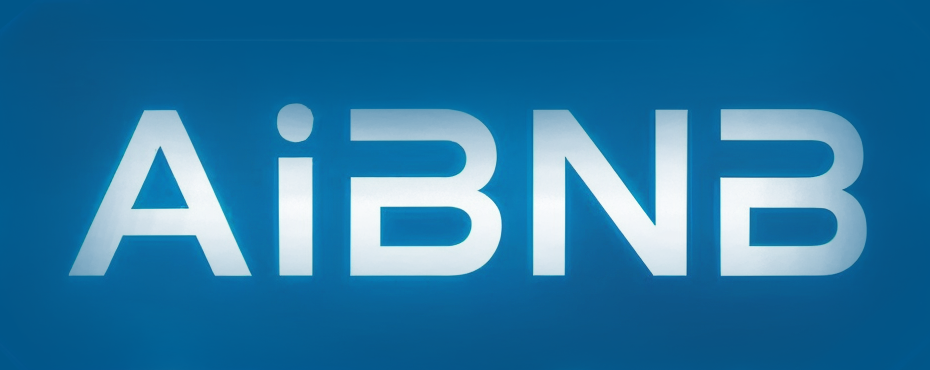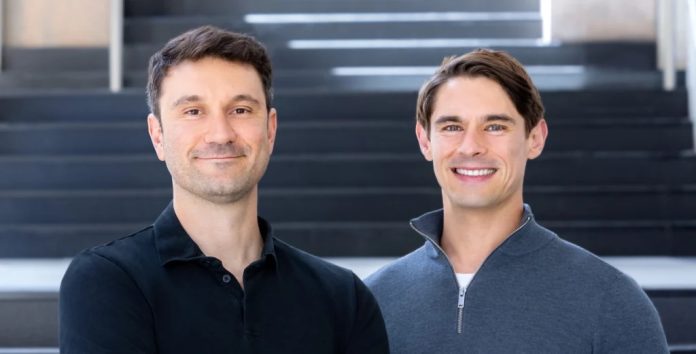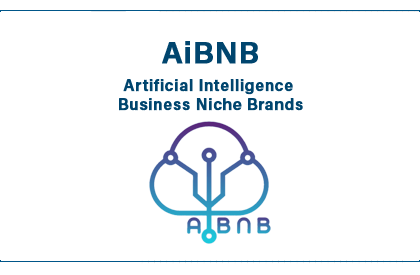Periodic Labs, a new startup by one of OpenAI’s most respected researchers, Liam Fedus, and his former Google Brain colleague, Ekin Dogus Cubuk, came out of stealth last month with an enormous $300 million seed round. It was led by Felicis and included a who’s who of angels and other top VCs.
The startup began when Fedus had a conversation with Cubuk (whose friends call him “Doge”) about seven months ago. Cubuk was one of Google Brain’s foremost machine learning and material science researchers. After endless Silicon Valley takes on how GenAI would radically change scientific discovery, they decided that the pieces were finally in place to make this a reality. Or at least to found a startup that attempted it.
“There are a few things that happened in the LLM field, in experimental science and in simulations that kind of made this the right time,” Cubuk told TechCrunch.
For one, he said, robotic arms that could handle powder synthesis — the process of mixing and creating new materials — had recently proved themselves reliable. For another, machine learning simulations had become efficient and accurate enough to model complex physical systems such as those needed to develop new materials.
And, third, LLMs now had powerful reasoning capabilities — in part through the work of Fedus and his team at OpenAI. Fedus was one of the small team who created ChatGPT to begin with and was running OpenAI’s uber important post-training team, which refines models after their initial development.
Stitched together, the picture was clear: a simulation could theoretically discover new compounds, a robot could mix the materials, and an LLM could analyze the results and suggest course corrections. AI-automated material science was ready to be built.
In fact, Cubuk was one of the researchers who published a groundbreaking paper in 2023 documenting a precursor Google research project. The team built a fully automated, robotic-powered lab and created 41 novel compounds from recipes suggested by language models.
Techcrunch event
Bring a +1 and save 60% on their pass, or get your pass by Oct 27 to save up to $444.
San Francisco
|
October 27-29, 2025
Equally importantly, the founders realized that even failed experiments would be valuable for their new startup because data is the lifeblood of AI. AI science offered an entirely new source for real-world training and post-training data. This could, the founders believe, turn the existing scientific motivation system on its head, which seeks success, not exploration, rewarded via paper publication and grants.
“Making contact with reality, bringing experiments into the [AI] loop — we feel like this is the next frontier,” Fedus told TechCrunch.
After that discussion with Cubuk, Fedus went to the powers that be at OpenAI to share his resignation and his plan. He then gleefully tweeted to the world that he was leaving with what appeared to be OpenAI’s blessing and investment.
That investment didn’t actually materialize, however. OpenAI is not a backer of Periodic, the founders confirmed to TechCrunch. And while Fedus declined to say why, they actually didn’t need OpenAI’s money.
Fedus’s tweet set off a frenzy of VCs courting the company. “There was almost like a feeling of being reverse pitched. One investor actually wrote a love letter to Periodic Labs,” Fedus laughed, explaining that neither he nor Cubuk “knew what to make of it.” Others sent multi-page documents pitching themselves.
But the first call that they actually took was from Peter Deng, a former OpenAI colleague turned investor for top-tier seed firm Felicis. (Deng left OpenAI for Felicis at the start of 2025.)
“Liam is a very big deal within OpenAI, very well loved and an extremely impactful researcher,” Deng told TechCrunch. “When I heard he left, I texted him immediately.”
Deng met Fedus for coffee in the Noe Valley neighborhood of San Francisco. Hyped on caffeine and enthusiasm, Fedus invited Deng to finish their conversation on a walk over the area’s famously hilly terrain. Pitch walks may be a Silicon Valley trope, but they also really happen.
The chilly day had turned hot. Deng, wearing a sweater, sweated and scrambled to keep up with the fit and friendly Fedus until the founder said something that “literally stopped me in my tracks,” Deng told TechCrunch. He told Deng that “everyone talks about doing science, but in order to do science, you actually have to do science,” Deng recalls.
In other words, they needed to give AI a fully equipped wet lab to try its ideas in a real world, controlled setting.
“The truth about these models is that everything that the models know is within normal distribution. We take a bunch of data, and it can just regurgitate what it knows,” Deng said.
Discovering something new has to involve testing hypotheses.
“And I committed on the spot, in the middle of the hills of Noe Valley, to write the check,” Deng says.
Fedus also remembers the moment Deng asked how he could be involved, and Fedus told him the startup needed cash for laptops and a temporary office. And “he’s like, great, I’ll give you money right now. And it was just this huge vote of confidence.”
But Deng didn’t actually whip out his checkbook on the street. He went back to the office elated over the deal only to encounter Felicis’ lawyer, who pointed out that the firm couldn’t promptly sign a contract: the company wasn’t incorporated yet. It didn’t even have a name, much less a bank account to wire funds. “That’s how early we were,” Deng grins.
Soon they had all of those things and all the term sheets they could handle. With the $300 million war chest, Cubuk and Fedus hired over two dozen of the most prestigious AI and scientific talent like Alexandre Passos (a creator of o1 and o3); Eric Toberer (a materials scientist who has already made key superconductor discoveries) and Matt Horton, a creator of two of Microsoft’s GenAI materials science tools. And the list goes on.
Because the team members are all experts in different areas from AI to physics, each week one of them gives a grad-level lecture to the others. “We do feel like a tight coupling is extremely important,” Cubuk said. He wants everyone to understand all parts of what they are building.
Periodic Labs has already set up its lab, too, and is working with experimental data, simulations and testing some predictions. The main initial mission is to find new superconductor materials – potentially a gold mine discovery. Improved superconductors could power the next era of potent, but lower energy-consuming tech.
But the last part – the robots – are not yet up and running. “They will take a bit to train,” Cubuk said.
All of this is, of course, a big swing for the fences. AI powered or not, scientific discovery is not typically fast, easy or predictable. While this team of experts has some indications that they will find what they are looking for — or make other discoveries along the way (or simply generate valuable data on their failures), there’s no guarantees.
And we know that model makers themselves are inching their way toward more AI science. Last month, OpenAI VP Kevin Weil said he was launching an OpenAI for Science unit at the company to “build the next great scientific instrument: an AI-powered platform that accelerates scientific discovery.”
As for the investor who wrote the love letter, he didn’t win the deal (although Fedus did say that the letter was “very flattering.”) The other seed investors include Andreessen Horowitz, DST, NVIDIA’s venture capital arm NVentures, Accel, and angel backers like Jeff Bezos, Elad Gil, Eric Schmidt, and Jeff Dean.
Elad Gil will be speaking about how AI has changed the startup landscape at Disrupt in San Francisco on October 29.




